Kenya
A year after the arrival of the first Kenyan police contingent in Haiti, top Haitian and United Nations officials gathered in Port-au-Prince on Thursday to commemorate the milestone and reaffirm their commitment to restoring peace in the gang-ravaged Caribbean nation.
The 800 Kenyan police officers are deployed under the Multinational Security Support Mission (MSS), a U.N.-backed initiative aimed at helping Haiti’s overwhelmed national police counter increasingly powerful armed gangs. They are joined by security forces from Jamaica, Guatemala, and El Salvador.
María Isabel Salvador, Special Representative of the U.N. Secretary-General in Haiti and Head of the United Nations Integrated Office in Haiti (BINUH), emphasized the importance of the MSS to Haiti’s fragile security landscape.
“The critical role the MSS resolution plays [is] in providing operational support to the Haitian National Police by building its capacity through the planning and conduct of joint security operations,” she said. “[It] works to counter gangs and improve security conditions in Haiti.”
Force Commander of the mission, Godfrey Otunge, began his remarks with a moment of silence for Haitian and Kenyan officers killed in the line of duty. He acknowledged the complexity of the task ahead but remained hopeful.
“We are aware of the importance of the journey to a lasting peace is not always easy. It is complex and challenging,” Otunge said. “However, with continued support, commitments, and collaboration, I firmly believe that we can build a Haiti where conflict is replaced by tranquillity and the Haitian people can thrive.”
Despite the growing international support, the mission continues to face significant hurdles. Gangs currently control an estimated 85% of Port-au-Prince and are expanding their grip. A lack of consistent funding has also slowed progress.
In an effort to boost resources, the U.S. State Department earlier this year approved waivers for $40.7 million in foreign assistance. This funding is intended to support forward operating bases, medical services, and vehicle maintenance for the mission and the Haitian police.
This marks the fourth major foreign intervention in Haiti since the 1990s. For many Haitians, the MSS represents a fragile but vital opportunity to reclaim control of their country and restore basic security and dignity in daily life.




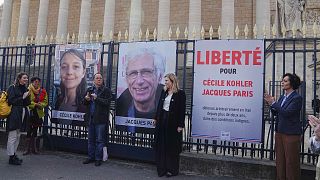
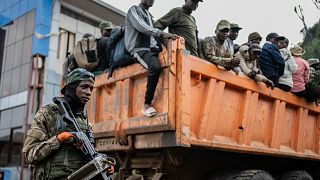
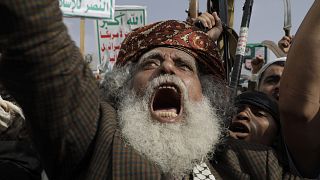
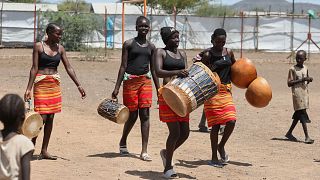

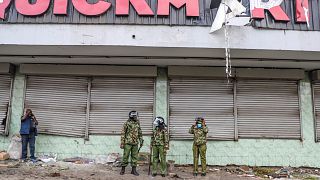
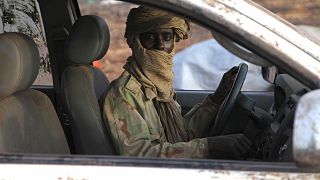
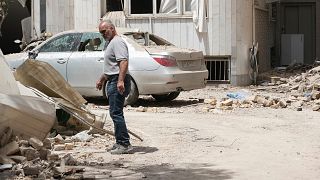
01:42
Gaza residents welcome rare organized aid delivery after months of chaos and hunger
01:50
UN urges renewed political and climate action in Libya amid humanitarian and governance crises
00:58
Cash crunch stalls UN probe into possible war crimes in DR Congo
01:09
Kenyan Police officers charged over death of blogger in custody
01:37
South Africa calls for peaceful resolution to Israel-Iran conflict
01:03
United Nations harnesses power of music for peace in South Sudan